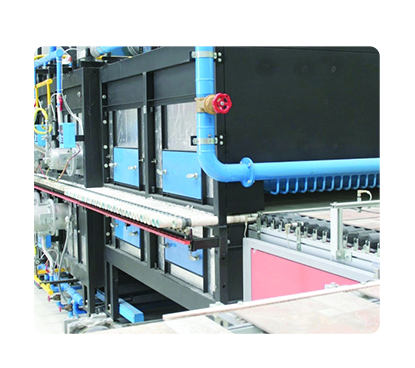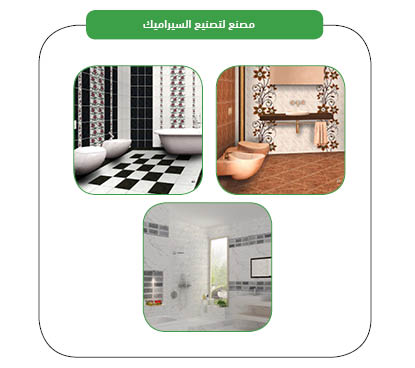mashroo3k Consulting offers a feasibility study for a ceramic manufacturing factory project in Saudi Arabia, aiming to achieve the highest profitability and the best payback period. This is accomplished through detailed studies of the Saudi market size, analysis of local and international competitors’ strategies, and the provision of competitive pricing offers.

The ceramic factory works with powder technology to manufacture ceramic materials in an engineering way, in different shapes and sizes. mashroo3k Company consultants provide a set of basic considerations that must be taken into account when choosing the appropriate production lines for the project, and how to develop them.
The ceramic factory targets local and international exhibitions, technical companies, smelting furnaces, and ceramic shops. mashroo3k Company statistics indicate that the demand for ceramics in Saudi Arabia has grown recently.

Mashroo3k Economic Consulting Company is keen to ensure that the successful ceramic factory project has the latest manufacturing technology and relies on a complete operational team that is distinguished by efficiency and the ability to innovate and renew.


Executive Summary
Study of the project’s services/products.
Market size study.
Risk assessment study.

Saudi Arabia has paved the way for development through its ambitious Vision 2030, which aims to diversify the economy, advance non-oil sectors, and increase the contribution of the private sector to the GDP. This goal cannot be achieved without the growth of industry and mining, as they serve as fundamental pillars of major economies. The Kingdom is committed to increasing their contribution to its GDP by approximately 15%.
When discussing the industrial sector in Saudi Arabia, it is essential to acknowledge that it is not a recent development but has deep roots dating back to the discovery of oil in the late 1930s. Over the decades, the Kingdom has spared no effort in advancing its industries. This commitment led to the establishment of the Industrial Development Fund (1974), the Royal Commission for Jubail and Yanbu (1975), and later, the Saudi Basic Industries Corporation (SABIC) in 1976. The contributions of these institutions and the programs they have implemented have played a crucial role in the growth and modernization of the industrial sector.
As a result of years of dedicated efforts, the number of factories in Saudi Arabia has now exceeded 10,000.
At Mashroo3k, we firmly believe in the importance of the industrial sector and its role in driving economic progress. Below, we present key industry indicators to provide potential investors with a clear and informed perspective
